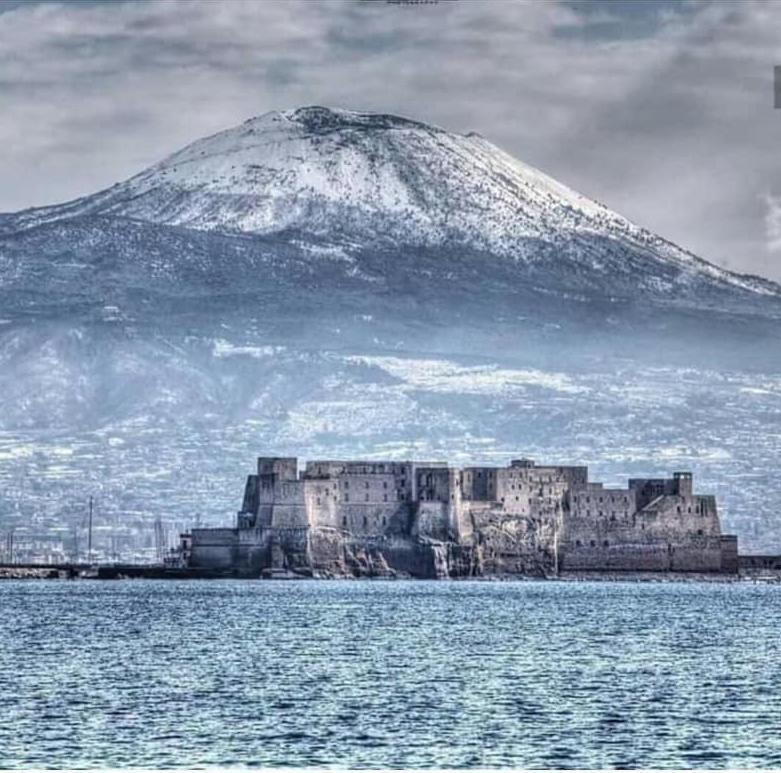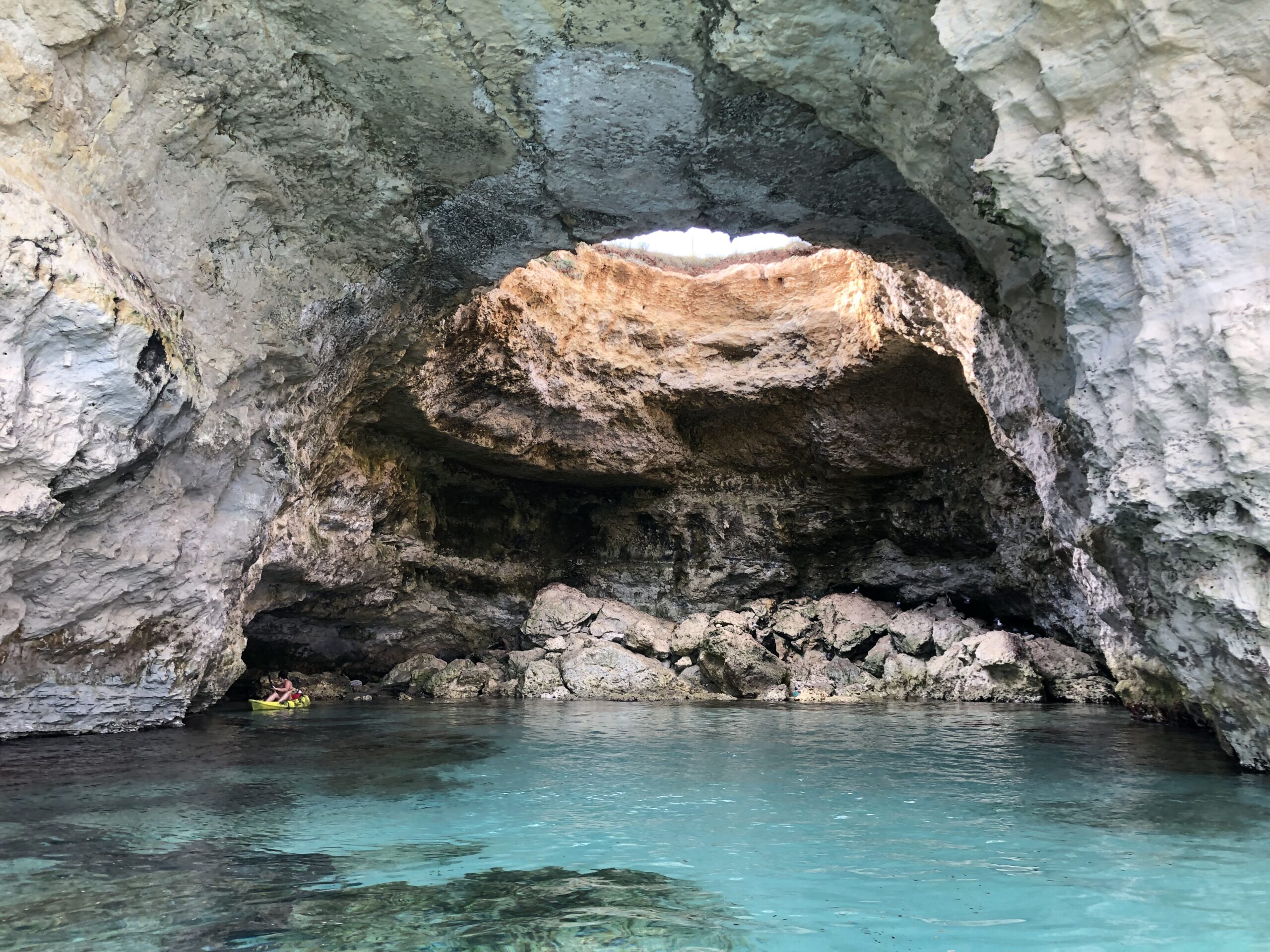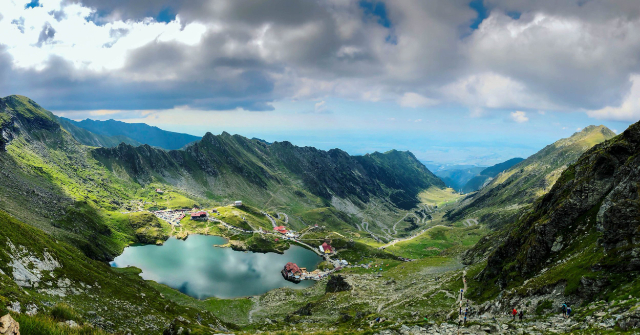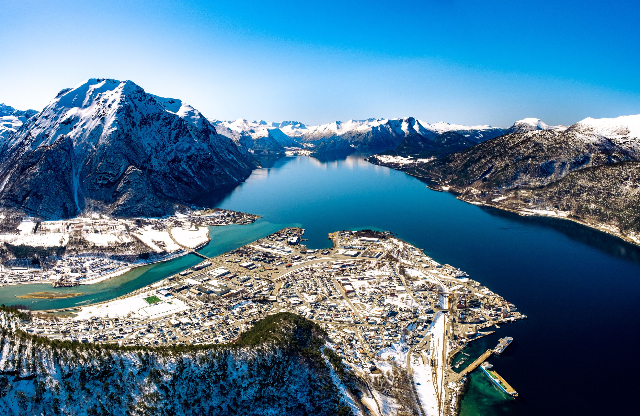<p><span style="font-size: 14pt;">Just two months earlier, it was March 13th, <strong>Cocteau</strong> from Rousseau, Italy wrote this inigrave; to his mother: </span></p>
<p><span style="font-size: 14pt;"><em>“ we are back in Rome after a trip to Naples, and from lì in Pompeii by car. I don’t think that any other city in the world can like me more than Naples. L’Antichità classical swarms, brand new, in this Arab Montmartre, in this huge mess of a kermesse that never stops. Food, God and fornication, these are the motives of this fictional people. Vesuvius makes all the clouds in the world. The sea è dark blue. Throwing hyacinths on the sidewalks ”.</em> </span></p>
<p><span style="font-size: 14pt;">Cocteau in love with Naples, <strong>Picasso</strong> less, so much so that he prefers to stay in Rome, answering soì all’friend who invited him to join him again in the city partenopea: <em>“I’m fine in Rome, and then c’è the Pope”</em>. </span></p>
<p><span style="font-size: 14pt;">But Cocteau answered him: <em>“you are right, in Rome there is the Pope, but in Naples there is God”</em>.</span></p>













